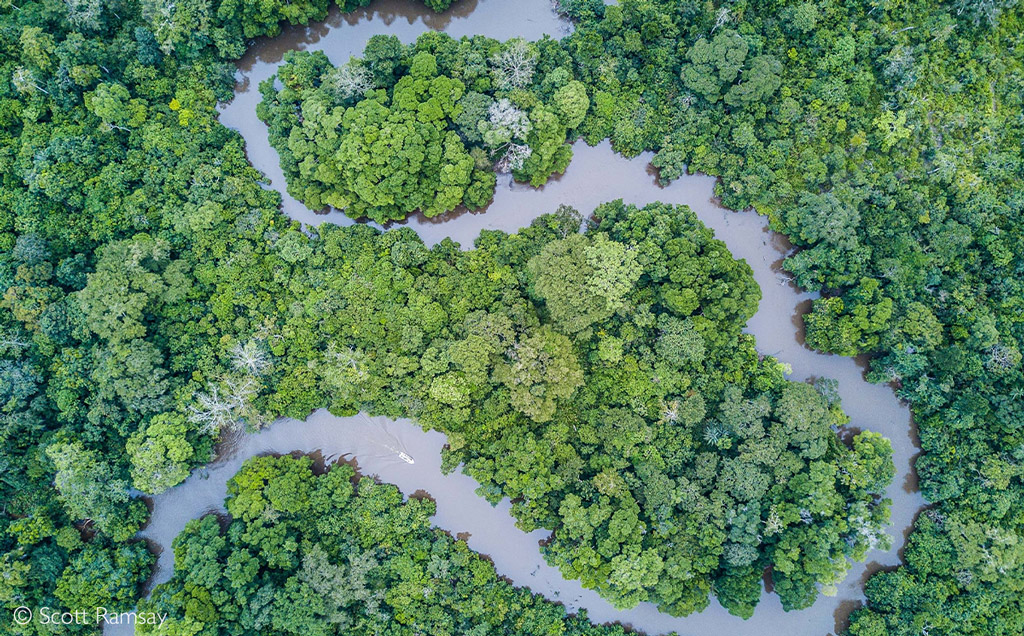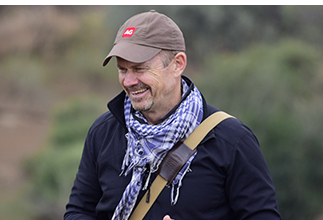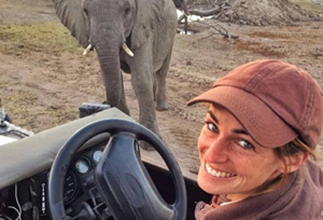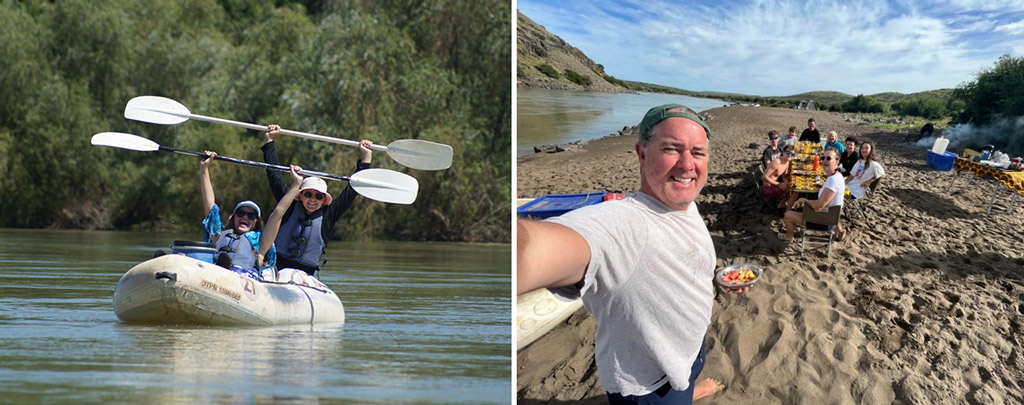
This is a copy of our weekly email newsletter. Subscribe here to receive the newsletter.
Incredible images + a pending insect ‘apocalypse’

There has been much hullabaloo recently about the decision by the UK government to ban the import of hunting trophies. Amidst the clamour between the warring factions to gain the ascendency, facts have been cast aside and emotional drivel from both sides has dominated.
I have no truck with the UK government forging their own path in this regard – after all that is their sovereign right. But my fear is that the blanket nature of the ban will not end well for some remote African areas not supported by the tourism industry. A targeted ban would make more sense. For example ban and red-list trophy hunting operators and their clients based on defined standards and reporting requirements not being met and ban the hunting of certain species (or genetically-gifted individuals) based on scientifically-determined local populations. Surely this standard-setting and scientific rigour is already being enforced, you may well ask? After all, trophy hunting has been around since the 1800s. No it’s not in place, but for a few exceptions. Even if it was, this solution (a more targeted ban) is not practical – because experience has taught us that laundering illegal products via legal channels is the norm in the opaque wildlife industries. So the blanket ban by the UK government is more practical to implement and police. It is what it is.
We are stuck between a rock and a hard place when it comes to the vast unfenced areas so favoured by trophy hunters and hammered by poaching – the combo effect is devastating. Something has to change
Keep the passion

Simon Espley – CEO, Africa Geographic
 TRAVEL DESK UPDATES:
TRAVEL DESK UPDATES:
Longing for a getaway? If our following deals have you itching to travel, drop us an email, and let us craft your ideal safari.
Africa’s ultimate primate safari – 8 days – From US$ 5860 pps
This extraordinary journey will take you on an eight-day primate quest to meet the apes and monkeys of East and Central Africa. From the critically endangered Grauer’s gorilla in the Democratic Republic of the Congo and the fabled mountain gorillas of the east to the charismatic golden monkeys and the noisy chimpanzees of Rwanda, this safari is a celebration of all things primate. And, of course, the spectacular scenery and enthralling birding are added bonuses!

From our Scientific Editor – Jamie Paterson

Did you know that the word “gorilla” owes its origins to an expedition of a Carthaginian explorer known as Hanno the Navigator? He set sail from Carthage over 2,500 years ago with 65 ships and several thousand people and travelled the west coast of Africa. Though the exact translation is disputed, the conclusion seems to be that “gorillai” means “tribe of hairy women” (no comment). The abridged account of their expedition is well worth a read – the encounter with “gorillas” being the denouement.
I fell down this particular rabbit hole while trying to write some creative captions for this week’s Photographer of the Year gallery. As you may have guessed, gorillas make an appearance or three. However, to me, the unifying theme this week pays homage to Africa’s unique and beautiful textures. You can access the gallery below to see if you agree with me.
This week’s second story is more sobering, especially in light of the latest IPCC report released two weeks ago, which again highlights the urgent need to act before global temperatures rise above the 1.5°C threshold. Though insects are not generally considered a symbol of climate change, they are one of the animal groups most vulnerable to its effects. Read more in our second story below.

Story 1
https://africageographic.com/stories/photographer-of-the-year-2023-weekly-selection-week-8/
INCREDIBLE IMAGES
More spectacular entries in our Photographer of the Year Week gallery for this week. We are past the half-way mark so get those entries in!
Story 2
https://africageographic.com/stories/a-second-silent-spring-the-impending-insect-apocalypse/
INSECT APOCALYPSE
What will happen to insect life on this planet if the earth continues to warm? Scientists warn of an insect “apocalypse” with grave consequences for us
Our family safari in South Africa
The Redshaw family recently returned home from their trip to South Africa. Have a look at their awesome feedback for teamAG:
“Dear Christian & the team at AG – We’ve just arrived back this morning in UK from the most amazing time in SA and all thanks to you! We all want to let you know how much we have enjoyed our trip to Phinda, Camps Bay and finally the Orange River and say a huge thank you for your help and expertise in arranging and putting the whole trip together, we couldn’t have done it without you and your advice and patience turned out to be invaluable, so we’re all very grateful. Best Regards – The Redshaw Family”

 WATCH: Protecting rhinos from poachers boils down to uncompromising physical labour at ground level. The pride that these young men have in their jobs to keep rhinos safe speaks volumes … (11:18). Click here to watch
WATCH: Protecting rhinos from poachers boils down to uncompromising physical labour at ground level. The pride that these young men have in their jobs to keep rhinos safe speaks volumes … (11:18). Click here to watch
To comment on this story: Login (or sign up) to our app here - it's a troll-free safe place 🙂.![]()






